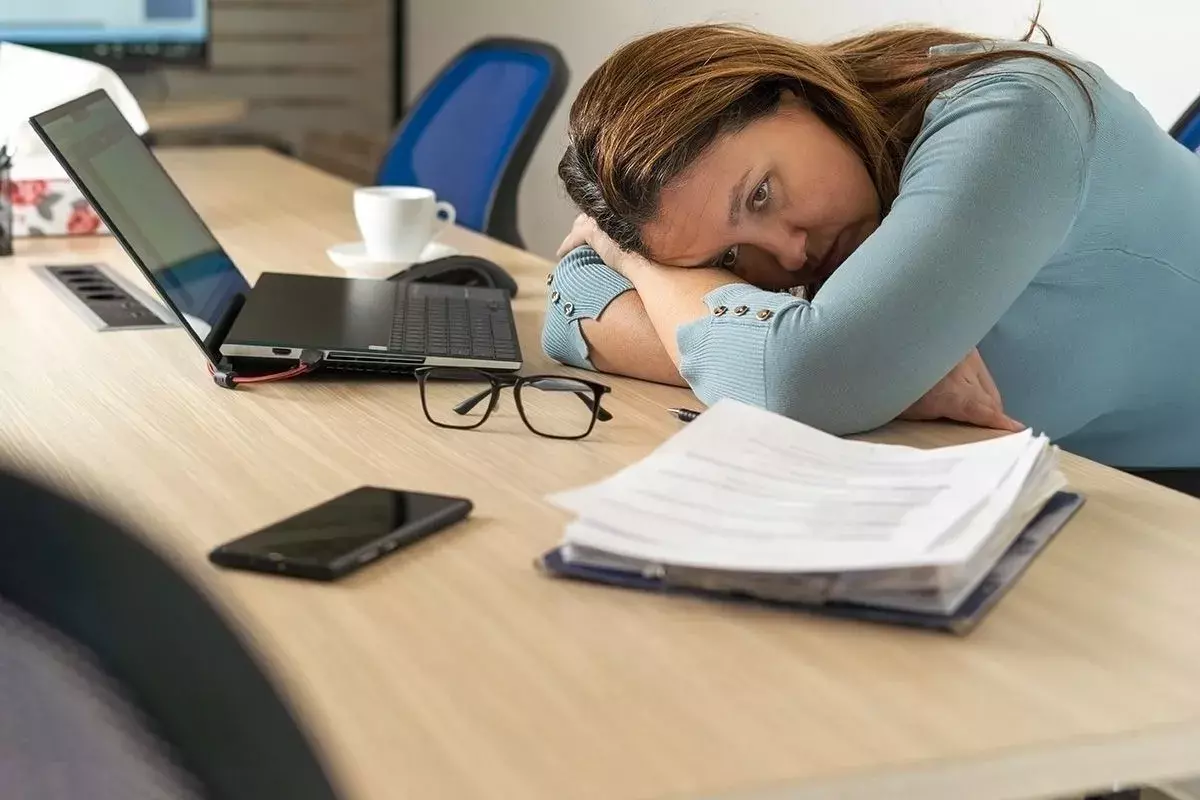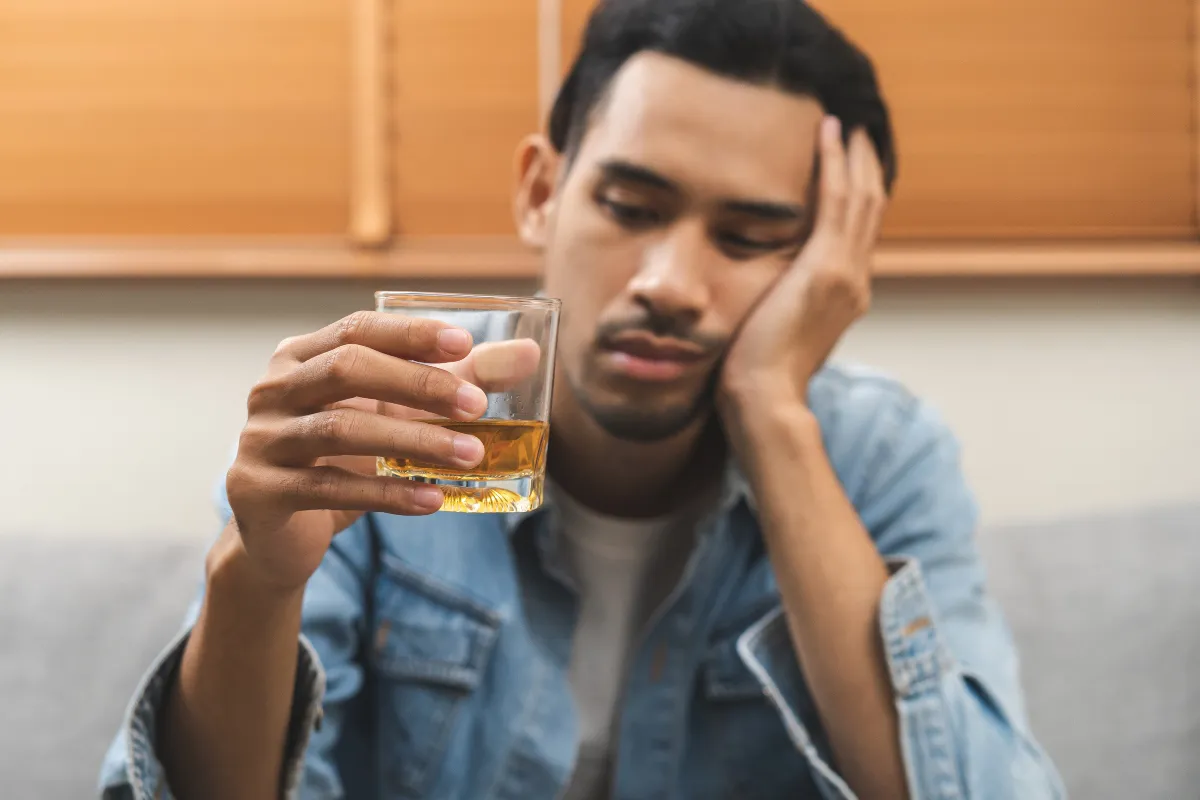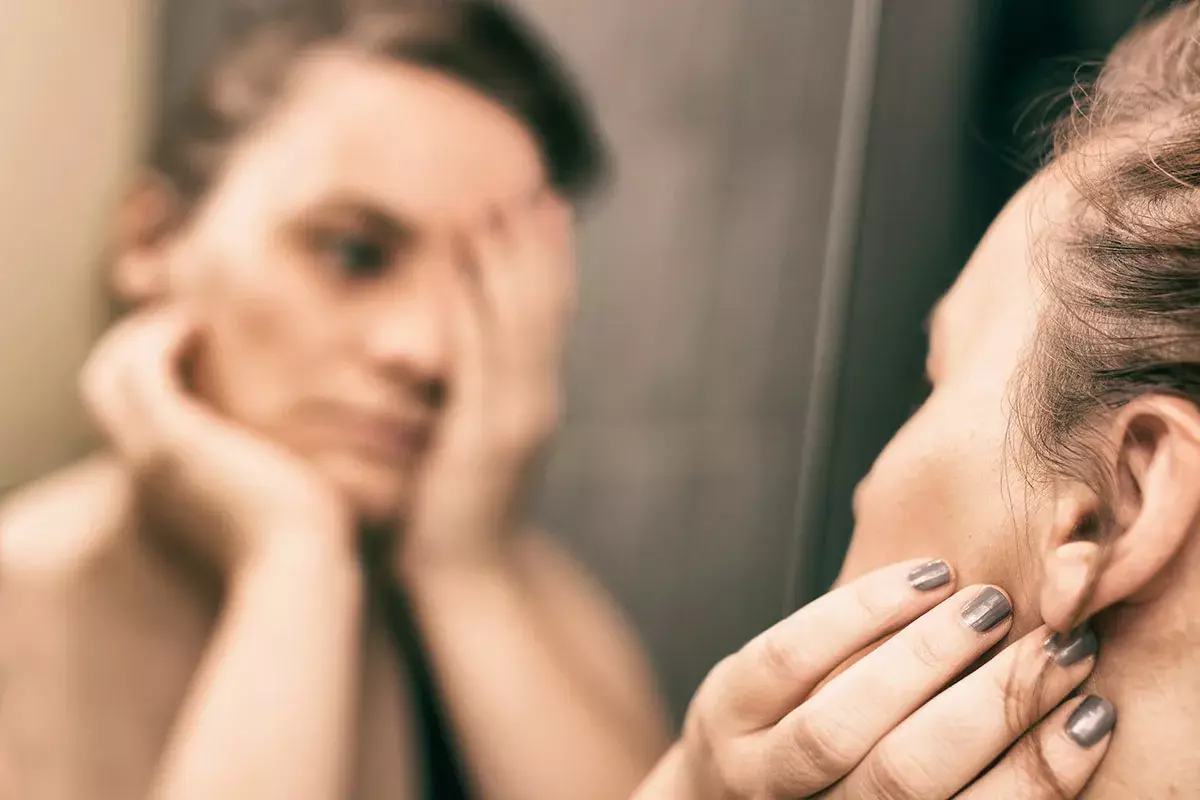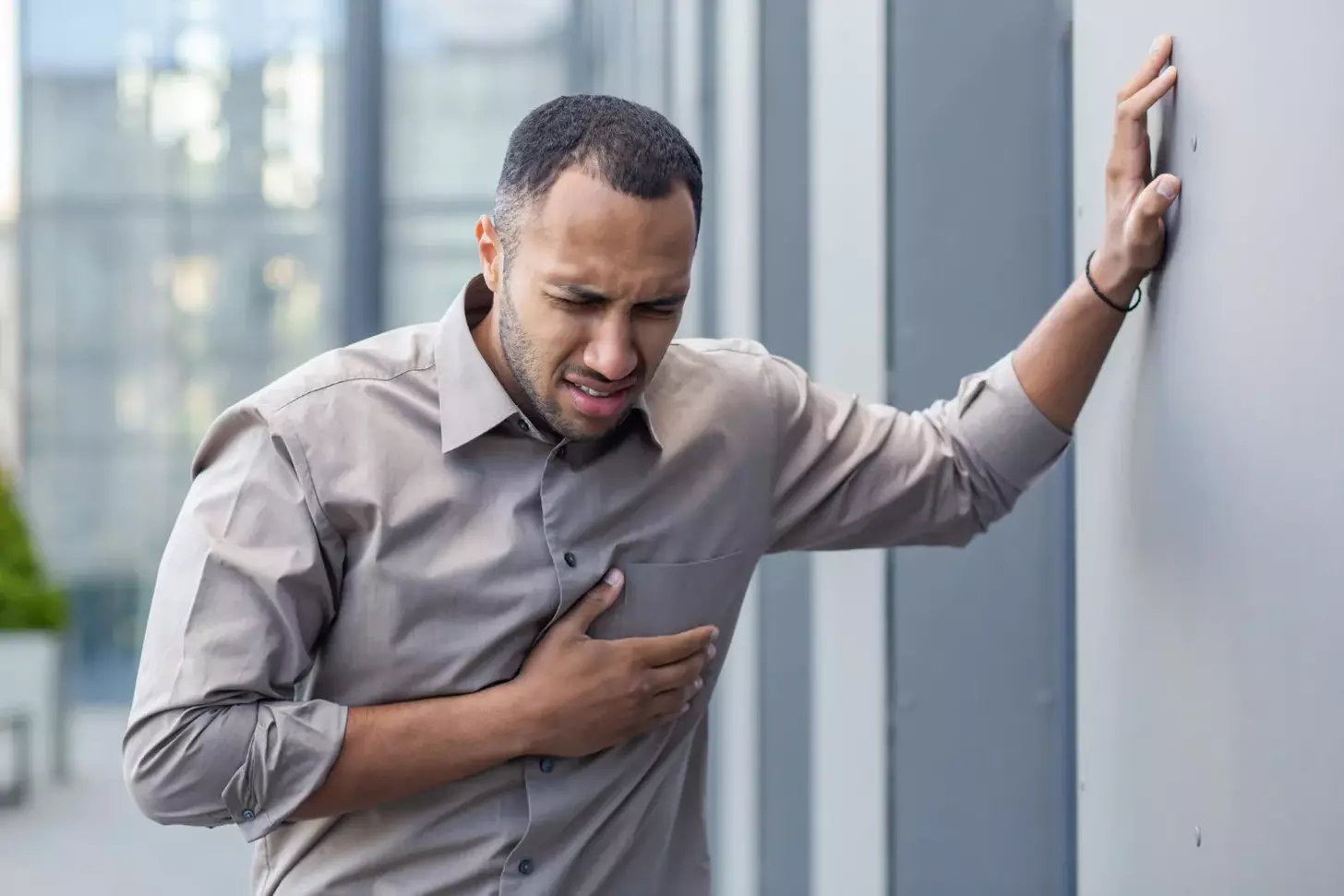
Feeling a racing or fluttering heart after drinking alcohol can be scary, even during a hangover. At Liv Hospital, we’re dedicated to top-notch, patient-focused heart care. We aim to help those dealing with alcohol-induced palpitations.
Alcohol consumption can cause heart palpitations by affecting the heart’s electrical system and overall heart health. We want to guide you on managing heart palpitations from alcohol. Our goal is to help you feel better and keep your heart healthy.
Key Takeaways
- Understand the causes of heart palpitations after drinking alcohol.
- Learn effective steps to stop palpitations and alleviate discomfort.
- Discover how to promote overall heart health after alcohol consumption.
- Find out how Liv Hospital’s patient-centered care can support your heart health needs.
- Explore the importance of addressing alcohol-induced palpitations for overall well-being.
Understanding Alcohol-Related Heart Palpitations
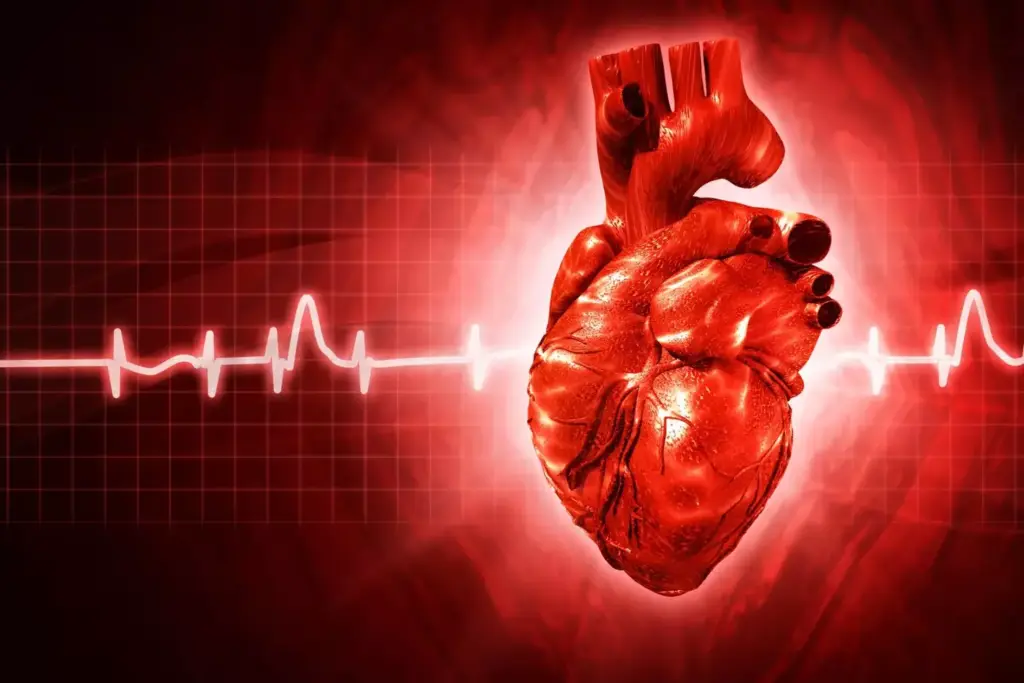
Drinking alcohol can affect the heart in many ways, one being palpitations. Palpitations are when your heart beats irregularly or feels like it’s pounding in your chest.
What are Palpitations?
Palpitations are when you feel your heart beating in an odd way. This can happen in your chest, throat, or neck. Things like stress, caffeine, and alcohol can cause them. Alcohol can mess with your heart rhythm, leading to palpitations.
The Prevalence of Alcohol-Related Palpitations
Research shows that drinking alcohol often leads to palpitations, more so in people with heart issues. Those who drink regularly are more likely to experience palpitations. This shows the importance of controlling alcohol intake to avoid heart problems.
Knowing why and how often alcohol causes palpitations is key to managing them. By understanding alcohol’s impact on the heart, people can reduce the risks linked to drinking.
The Physiological Impact of Alcohol on Heart Rhythm
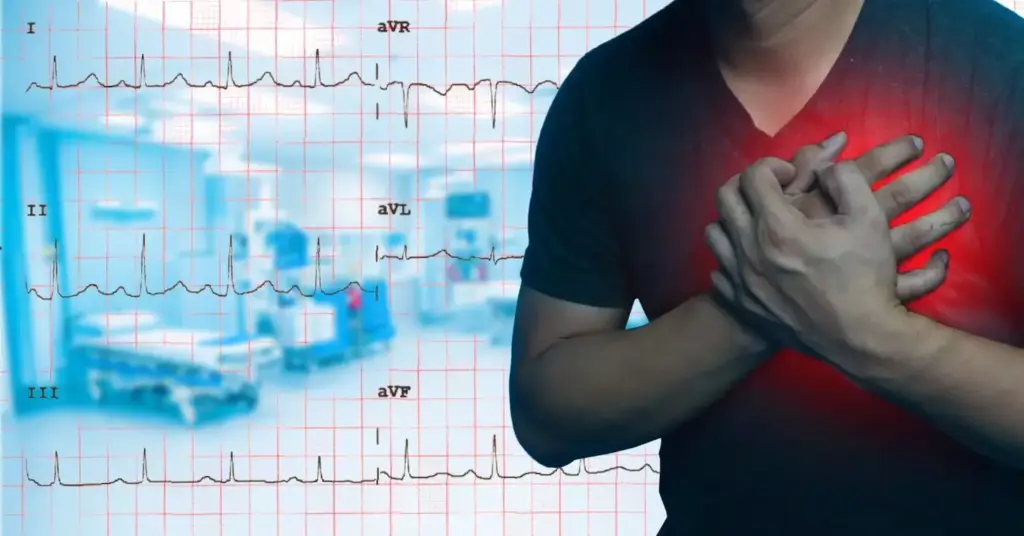
Drinking alcohol can deeply affect our heart’s rhythm, leading to irregular beats. This is more common during holidays or special events when we drink more.
“Holiday Heart Syndrome”
“Holiday Heart Syndrome” happens when drinking too much alcohol causes irregular heart rhythms. It often feels like palpitations. This usually occurs with heavy drinking, which messes with the heart’s electrical activity.
How Alcohol Disrupts Cardiac Electrical Conduction
Alcohol changes how the heart’s electrical system works. The heart’s rhythm is managed by electrical impulses. Drinking can mess with these impulses, causing irregular heartbeats.
This can happen for a few reasons:
- Direct effects on the heart muscle
- Changes in electrolyte balances, like potassium and magnesium
- Effects on the autonomic nervous system’s control over heart rate
Knowing how alcohol affects the heart is key to preventing rhythm problems.
Different Alcoholic Beverages and Their Effects on Heart Rhythm
Alcohol’s impact on heart rhythm can vary by drink type. Each beverage has different alcohol and congeners levels. These can affect the heart in unique ways.
Beer, Wine, and Spirits – How Different Drinks Affect the Heart
Beer, wine, and spirits have unique alcohol levels and ingredients. Knowing these differences is key for those who get palpitations from drinking.
| Beverage Type | Alcohol Content | Effect on Heart Rhythm |
|---|---|---|
| Beer | Typically 4-6% ABV | May cause palpitations due to its alcohol and congener content |
| Wine | Typically 12-15% ABV | Can lead to palpitations, specially in those sensitive to sulfites |
| Spirits | Typically 30-50% ABV | High alcohol content can disrupt heart rhythm, potentially leading to palpitations |
Knowing how different drinks affect your heart rhythm is vital. If you get palpitations or heart issues after drinking, think about drinking less. Or, choose different types of drinks.
Immediate Relief Strategies for Palpitations
There are ways to quickly ease alcohol-related palpitations. Drinking water and using specific techniques can help. It’s important to act fast to feel better and get your heart back to normal.
Hydration Protocols for Quick Recovery
Drinking enough water is a key way to ease palpitations. Alcohol can make you dehydrated, which can make palpitations worse. Drinking water helps replace lost fluids and keeps your heart working right.
Drink 8-10 glasses of water in a few hours after palpitations. Also, try drinks with electrolytes or supplements to balance your body. Avoid caffeinated drinks because they can make dehydration and palpitations worse.
Vagal Maneuvers and Breathing Techniques
Vagal maneuvers can help control your heart rate by using the vagus nerve. Here are some techniques:
- Coughing: A strong cough can help slow your heart rate by stimulating the vagus nerve.
- Bearing down: This action, like when you have a bowel movement, can also help.
- Valsalva maneuver: Hold your breath and bear down to slow your heart rate.
Also, controlled breathing can help. Deep, slow breaths can calm your nervous system and reduce palpitations. Try breathing in for four counts, holding for four counts, and breathing out for four counts. Do this several times.
Replenishing Electrolytes After Drinking
Drinking alcohol can upset the body’s electrolyte balance. This means we need to replace these important substances to get back to normal. Electrolytes like potassium, magnesium, and sodium are key for our heart’s rhythm.
Importance of Potassium, Magnesium, and Sodium
Potassium, magnesium, and sodium are vital for our heart. Potassium helps keep our heart rhythm steady. Magnesium supports the heart muscle and helps with electrical signals. Sodium is important for fluid balance and nerve function.
When we drink alcohol, we lose these electrolytes. This can cause heart problems like palpitations.
Foods and Supplements for Electrolyte Replenishment
To get back these electrolytes, we can eat certain foods or take supplements. Bananas are full of potassium. Leafy greens like spinach have lots of magnesium. Nuts and seeds, like almonds and pumpkin seeds, are also magnesium-rich.
For sodium, we can have table salt in small amounts or choose sea salt. Coconut water is another good choice for electrolytes.
Supplements can also help, but only if we can’t get enough from food. Always talk to a doctor before starting any supplements to make sure they’re safe and work well.
Recovery Timeline: What to Expect
Knowing what to expect after drinking too much can help you feel better. The body reacts in many ways to alcohol, and getting better takes time.
After drinking, your body starts to get rid of the alcohol. This can cause symptoms like heart palpitations. The first 24 hours are very important for how bad these symptoms will be.
First 24 Hours Post-Consumption
In the first 24 hours, your body works hard to get rid of the alcohol. You might feel your heart beating faster, have palpitations, and feel dehydrated or have an imbalance of electrolytes.
Drinking lots of water is very important during this time. Eating foods or taking supplements that are rich in electrolytes can help. Try to avoid caffeine and other things that can make heart palpitations worse.
Days 2-3: Managing Lingering Symptoms
By days 2-3, most of the alcohol is gone, but some people might feel tired, have occasional palpitations, or feel a bit dehydrated.
To feel better, keep drinking water and eating foods that are good for your electrolytes. Eating foods rich in potassium, like bananas and avocados, can help a lot. Also, getting enough sleep and finding ways to relax can help your heart and overall health.
Remember, how fast you recover can vary a lot. It depends on how much you drank, your health, and how your body reacts. It’s important to listen to your body and adjust your recovery plan as needed.
Long-Term Prevention Strategies
To prevent palpitations, making lasting lifestyle changes and controlling alcohol intake is key. These steps not only cut down on palpitations but also boost heart health.
Lifestyle Changes to Reduce Palpitations
Changing your lifestyle can greatly lower palpitation chances. Eat a balanced diet, drink plenty of water, and exercise regularly. A diet full of potassium, magnesium, and sodium is good for your heart. Foods like bananas, dark leafy greens, and avocados are great sources.
| Food | Mineral | Benefit |
|---|---|---|
| Bananas | Potassium | Helps maintain electrolyte balance |
| Dark Leafy Greens | Magnesium | Supports heart rhythm |
| Avocados | Potassium | Contributes to overall heart health |
Establishing Personal Consumption Limits
Knowing and setting your own alcohol limits is vital for avoiding palpitations. It’s about knowing your limits and the effects of different alcohols. This way, you can choose how much to drink wisely.
By following these strategies, you can lower your risk of palpitations. It’s about making smart choices and living a healthier life.
When to Seek Medical Help
Knowing when to seek emergency care for alcohol-related palpitations can save your life. Many heart palpitations after drinking can be managed at home. But, some situations need immediate medical help.
Recognizing Red Flags for Emergency Care
It’s important to know the symptoms that mean you need to go to the emergency room. These include:
- Severe chest pain or discomfort
- Difficulty breathing or shortness of breath
- Severe dizziness or fainting
- Rapid or irregular heartbeat that persists
- Severe headache or confusion
If you or someone you’re with has any of these symptoms, seek medical help immediately. Quick medical care can prevent serious problems and keep you safe.
Discussing Concerns with a Healthcare Provider
Even if your symptoms aren’t severe, talking to a healthcare provider is key. They can help you manage your palpitations and find out what’s causing them.
| Symptom | Action |
|---|---|
| Mild palpitations | Monitor and manage with self-care |
| Severe or persistent palpitations | Seek medical attention |
| Palpitations with other concerning symptoms | Visit the emergency room |
Understanding when to seek medical help is important for your health. If you’re unsure about your symptoms or heart health, contact a healthcare professional.
Lifestyle Modifications for Heart Health
We can make our hearts healthier by changing our daily habits. Simple changes can lower heart disease risks and boost our health.
Sleep Quality and Stress Management
Good sleep and stress control are key for heart health. Bad sleep can raise heart rate and blood pressure. Focus on sleep and stress management to protect your heart.
Meditation, deep breathing, and yoga can lower stress. Health experts say, “A rested body and mind can better face daily life.”
“Stress management is not just about reducing stress, but about creating a lifestyle that promotes overall well-being.”
Exercise and Diet Recommendations
Regular exercise and a balanced diet are vital for heart health. Aim for 150 minutes of moderate exercise weekly. Strength training twice a week is also good.
Eat a variety of fruits, veggies, whole grains, lean proteins, and healthy fats. Cut down on saturated fats, trans fats, sodium, and sugars.
- Eat a variety of colorful fruits and vegetables.
- Include whole grains like brown rice and whole-wheat bread.
- Choose lean protein sources such as poultry and fish.
- Limit foods high in saturated fats and sodium.
By adding these lifestyle changes to our daily life, we can greatly improve our heart health.
Conclusion: Balancing Enjoyment and Heart Health
Alcohol can affect heart health, including palpitations. Knowing how alcohol works and how to prevent problems helps. This way, we can enjoy alcohol in small amounts and keep our hearts healthy.
To balance enjoying alcohol and keeping our hearts healthy, we need to be careful. We should think about the type and amount of alcohol we drink. It’s also important to stay hydrated, replace lost salts, and live a healthy lifestyle.
By following these tips, we can lower the risk of heart problems from drinking. It’s key to know how our bodies react to alcohol. Making smart choices helps keep our hearts in good shape.
Can alcohol cause heart palpitations?
Yes, drinking too much alcohol can cause heart palpitations. It affects the heart’s electrical system.
What is “Holiday Heart Syndrome”?
“Holiday Heart Syndrome” is when too much alcohol messes with the heart’s rhythm. It can cause palpitations and arrhythmias.
How can I stop palpitations from alcohol?
To stop palpitations from alcohol, drink water, breathe deeply, and eat foods with potassium, magnesium, and sodium.
Does the type of alcoholic beverage affect heart rhythm?
Yes, different drinks can affect the heart differently. But, it’s the alcohol that mainly disrupts the rhythm.
How long does it take to recover from alcohol-induced palpitations?
Recovery time varies. Most people feel better in 24 to 48 hours after stopping drinking and using relief strategies.
What are some long-term strategies for preventing palpitations?
To prevent palpitations long-term, cut down on alcohol, manage stress, sleep well, and eat a balanced diet.
When should I seek medical help for palpitations?
See a doctor if palpitations are severe, don’t go away, or if you have chest pain or other symptoms.
Can electrolyte replenishment help alleviate palpitations?
Yes, adding potassium, magnesium, and sodium can help with palpitations caused by alcohol.
Are there any specific foods or supplements that can help?
Yes, eat foods like bananas, avocados for potassium, dark greens and nuts for magnesium, and some salt to replenish electrolytes.
How can I manage stress to reduce palpitations?
Use stress management like meditation, yoga, or deep breathing to help reduce palpitations.
Can exercise help prevent palpitations?
Yes, regular exercise can improve heart health and lower palpitation risk. Always check with a doctor before starting new exercise.
What lifestyle modifications can I make to support heart health?
Eat well, exercise, manage stress, and sleep well to support heart health.


